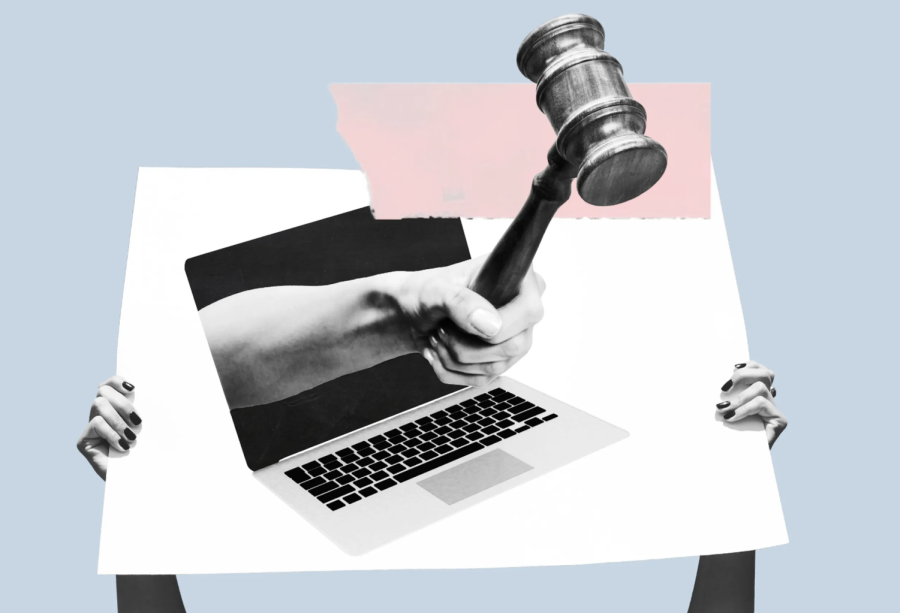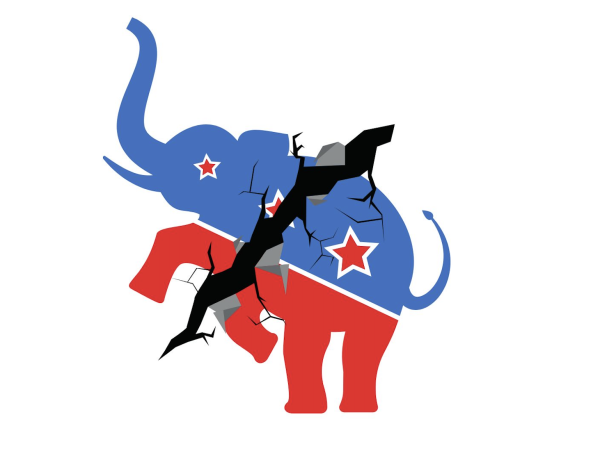Some people should be canceled and de-platformed
November 2, 2022
Similar to a show on television not being renewed for another season due to low ratings, the term “canceled” relates to removing one’s support of a public figure and their work. This can be due to an abundance of reasons, but the primary factor is that the person in question has controversial views on certain sensitive topics or has performed actions that have been deemed inappropriate by the majority of society. As a result, this can cause one to no longer want to support said person or their work further, and are therefore a target of “cancel culture.”
Social media has made it easier for someone to get canceled since nothing is really erased from the Internet, making it much more difficult to cover tracks of unreasonable behavior. Many argue over the mere concept of cancel culture and if actually canceling someone is worth it or even beneficial. Some question if it is a justified way to hold individuals accountable or if it is merely a cruel way to punish someone for something they did many years ago and have grown and learned from. Some individuals who are canceled are also de-platformed, meaning that they are blocked from posting on certain social media platforms. One’s account is suspended and prohibited by the site’s officials from posting or sharing their thoughts anymore if guidelines are violated through racist, violent, misogynistic or other offensive comments.
Prior to being de-platformed on Twitter in January 2021, employees of the site had given Trump multiple warnings to look over what he posts as it pertains to misinformation and election integrity. However, Twitter had enough with Trump once he shared his opinion on the Capitol riots that occurred on the site and permanently banned him from the platform, which many users felt relief from as he used his Twitter account to share thoughts that were not consistent with someone in an esteemed position like the presidency.
Andrew Tate was a former kickboxer and social media celebrity who quickly blew up on platforms earlier this year with his misogynistic comments about women and his toxic masculinity, which caused young boys to idolize him. Violating many social media terms and conditions for his views, Tate was banned from every social media platform he had an account on.
Most recently comes Kanye West, or Ye, who sparked controversy on the Internet with his views on the Black Lives Matter movement and Jewish people after wearing a “White Lives Matter” shirt. His comments caused many brands like Adidas and Gap to drop partnerships with him, resulting in him ultimately losing his billionaire status. After his anti-Semitic comments, Instagram suspended his account momentarily, though the rapper did not take kindly to this consequence and verbally attacked Meta CEO Mark Zuckerberg, who is Jewish, in a series of now-deleted tweets. As a result of this, Twitter deleted those tweets and suspended his account. Currently, West’s accounts are active and posts are still being made on them, but there is no doubt that these social media platforms would be quick to suspend his accounts again if any more inappropriate comments are made.
“In the case of people like Trump, Kanye and Andrew Tate, de-platforming is the best way to go,” said University senior Arielle Zaytsev. “There’s a level of arrogance and narcissism and lack of empathy that those individuals have that there is no chance for rehabilitation or change while on a platform.”
“Instead they empower people to commit harmful acts. I think, doled out thoughtfully, canceling could be a good way to protect people at large from harmful people who have massive followings, but if it is not regulated, then it can swing back on people who do not deserve to be vilified,” Zaytsev continued.
When it comes to canceling individuals, the concept seems to work for having potentially dangerous people off of the Internet and sharing their objective views; however, a downside to this is that it does not change those who were influenced by their previous statements. Many children, teenagers and even young adults look up to public figures through social media platforms, and their perspectives can be easily warped when they see someone who is rich and influential participating in or saying harmful things. Sometimes, it’s okay for people to have their platform taken away for the betterment of society as a whole, and this can even save an entire generation of people from falling down the wrong path.












